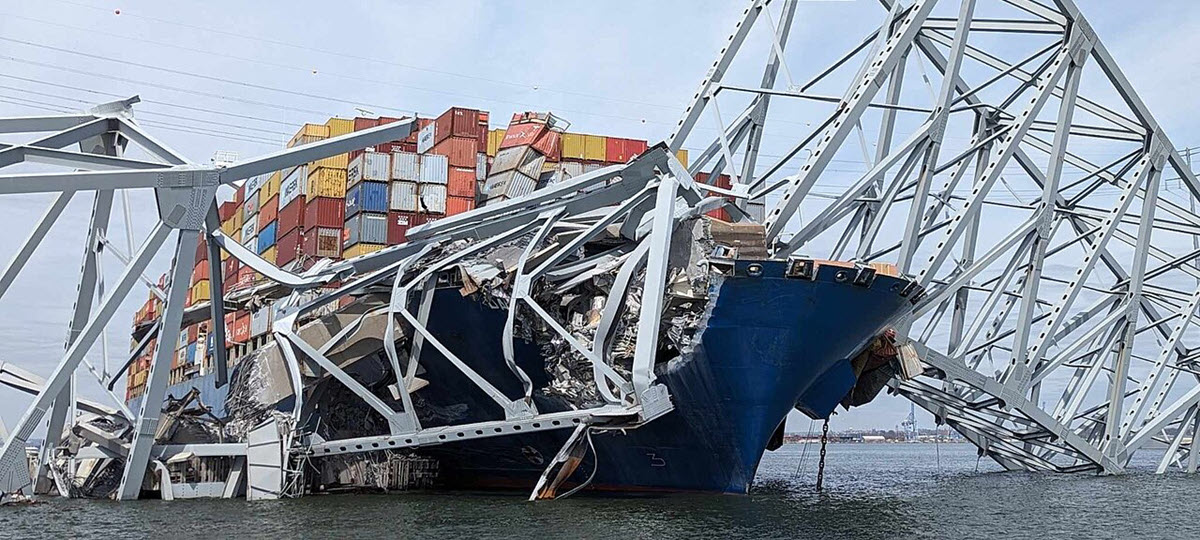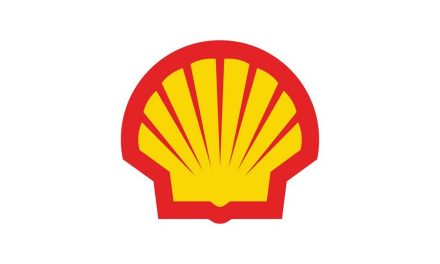Principal contributors: Jonathan Church, Mark Morey, Josh Eiermann
The collapse of the Francis Scott Key Bridge into the Patapsco River on March 26 has temporarily halted all shipping traffic from the Port of Baltimore. what are the examine implications for energy-related trade.
The port is the second-largest exporting hub for coal in the United States, accounting for 28% of total coal exports in 2023, according to Census Bureau data. It is second only to Norfolk, Virgina, also known as Hampton Roads.
A limited amount of refined petroleum products are imported into the Port of Baltimore. Biodiesel, specifically biodiesel feedstock and other edible oils, are the largest refined petroleum product import with an average of 3,000 barrels per day (b/d) in 2023, mostly from Central America and Western Europe.
Other petroleum-derived products, such as fertilizers and other chemicals, are also imported. Baltimore imports the most asphalt of any U.S. port, about 4,000 b/d last year, with almost all imports originating from Canada. Asphalt is made from crude oil and is commonly used for roadways and roofing. Since the port is a major transit point for freight and bulk vessels, we expect bunker fuel consumption to decrease.
Baltimore imports the most urea ammonium nitrate on the U.S. Atlantic Coast, about 2,000 b/d in 2023, and the fourth most of all U.S. ports. Urea ammonium nitrate is a common liquid fertilizer, mostly imported from Russia. The Port of Baltimore is the closest coastal port to Midwestern markets, which are a major source of agricultural demand.
Other ports on the U.S. Atlantic Coast can also import asphalt, such as Providence, Rhode Island; New York, New York; and Wilmington, North Carolina. Other ports on the Atlantic Coast that can import urea ammonium nitrate are Norfolk, Virginia, and Wilmington, North Carolina.
Other, more widely used petroleum products are less affected. According to ship tracking data, there was one shipment of gasoline into the Port of Baltimore in 2023, and there were three petroleum-related export cargos in all of 2023.









